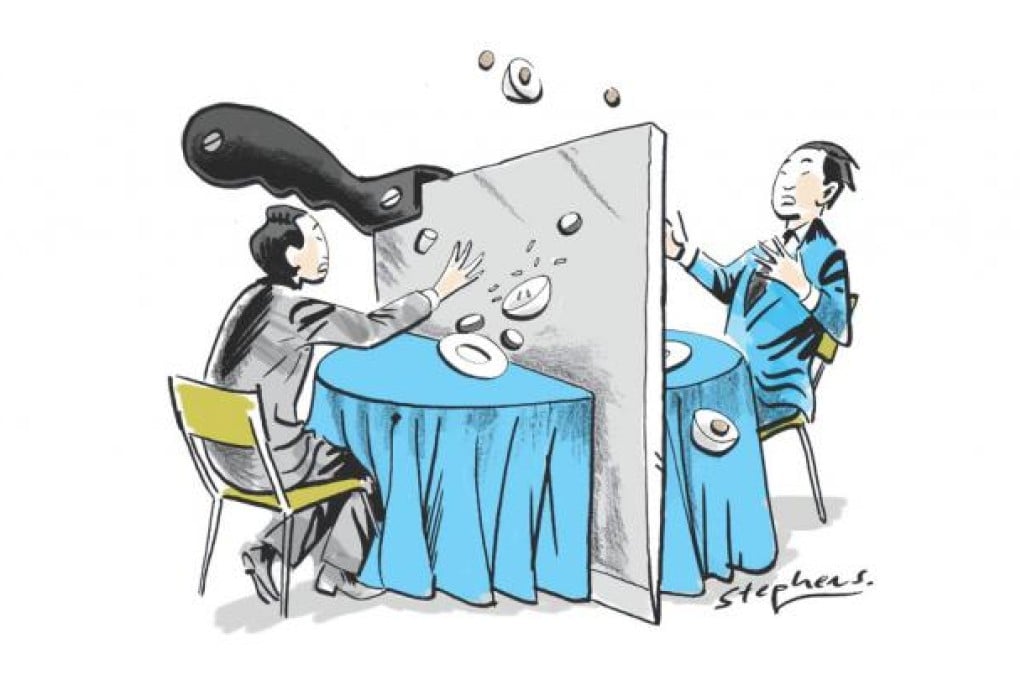How far will China's crackdown on corruption go?
Philip Cunningham says the crackdown on official excess by China's new leadership must be seen in the context of the country's cultural traditions and its politics of going to extremes

When politicians stake out the high moral ground and order a crackdown, it can be a smokescreen for business as usual, or it can mean they really mean business.
Incoming leader Xi Jinping has signalled that he wants to cut back on banquets, but it's too soon to say whether this means the Communist Party's anti-corruption campaign is for real, or is being used to manage public opinion.
Excessive consumption and corruption, especially on the part of state officials who are supposed to be public servants, does make a mockery of the "serve the people" ethos at the heart of good governance. China faces a destabilising inequality gap, so the waste of public resources on empty gestures - like showy motorcades, honour guards, over-the-top banquets, glitzy hotel receptions and lavish gift- giving - not only squanders funds needed elsewhere, but fuels indignation while eroding social harmony and self-respect.
Despite his revolutionary communist pedigree, it is unlikely that Xi will be saying "Farewell, my tycoon" any time soon, though. The get-rich-quick ethos launched by the canny "capitalist roader" Deng Xiaoping is still the default ideology in a nation bereft of meaningful ideology. Fawning over the rich and powerful and dispensing bribes to officials, typically in the hope of cementing connections, has already become a way of life. Laws that are mercilessly enforced when applied to little people rarely apply to the rich and connected in so-called communist China. The corruption and crony capitalism openly promoted by Deng's successor, Jiang Zemin, still runs deep, even though Jiang has been out of the limelight for a decade.
Putting on aristocratic airs has become so widespread that an everyday act as simple as the sight of US ambassador Gary Locke carrying his own bag and buying his own coffee was considered newsworthy in China. Where were his porters and servants?
There is corruption and then there is corruption. Cutting back on banquets is an easy mark, but what about the ill-gotten wealth of hundreds of billionaires and millions of millionaires in a poor, developing country with no social safety net?
Cutting back on banquets and the mao-tai toasts in the military is one thing, but what about restraining "dry drunk" generals gunning for conflict, high on China's newfound wealth, arrogance and advanced weaponry? There are many kinds of excess. The problem is not necessarily the perk; the problem is the quality of the work.